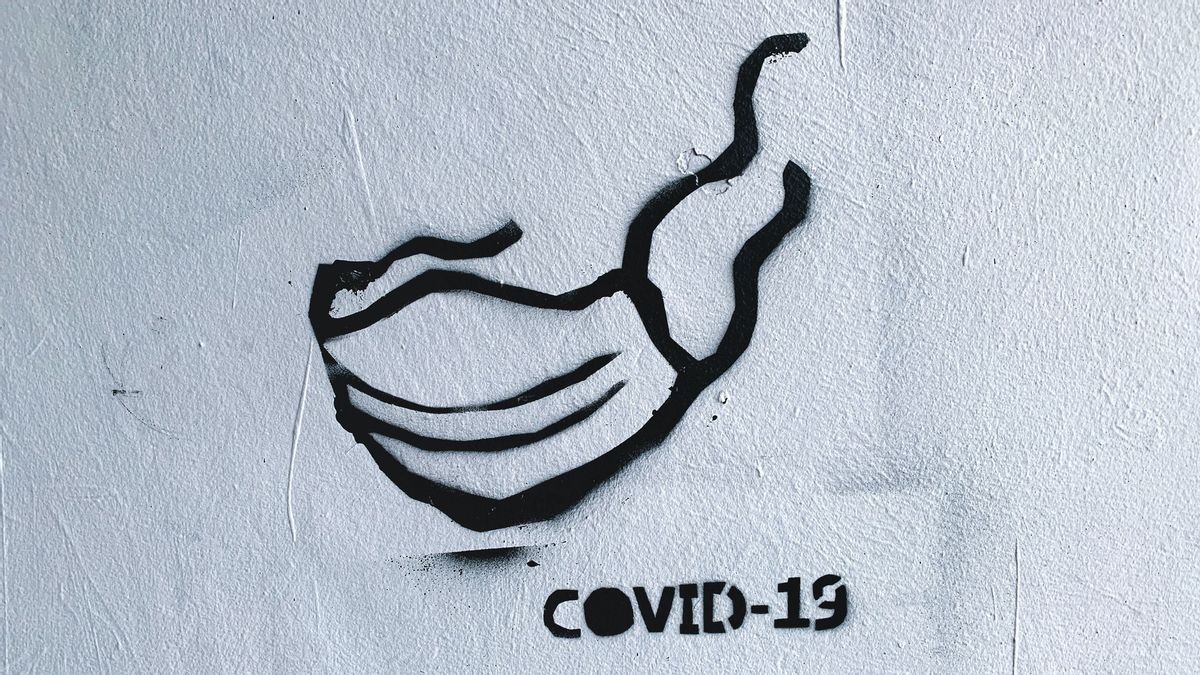JAKARTA - Since last September Denmark has announced the findings of the mutation of the SARS-CoV-2 virus. The small mammals of mink are said to have hosted the virus that causes COVID-19. Should we be worried?
Denmark has culled 17 million minks in the past two months after a dozen people became infected with a mutated form of COVID-19 in Northern Jutland. This is not the first time mink has been detected carrying the virus and transmitting it to humans.
In April 2020, a mink farm worker in the Netherlands was diagnosed with COVID-19. Medical research has found that human-to-mink and vice versa can actually occur.
Several months later, mink infections were also reported in Italy, Spain, Sweden, and the United States (US). However, the viruses found in Denmark are different. The researchers found the virus had mutated.
It shows that while pharmaceutical companies are on the threshold of vaccines, new strains of the virus are developing. This means that if you have been vaccinated and immune to one strain of COVID-19, you may still catch another strain of COVID-19 that is mutated in a different species.
What's the good news?
Although the new strains have mutated, scientists do not yet know whether the virus is more deadly or not. The ECDC has indeed provided hints that although the strains are different, genetically patients infected with the 'COVID-19 mink' variant do not have symptoms that are worse than COVID-19 in general.
Likewise with the virus development ecosystem. Mink farming is a relatively small sector of the global agricultural industry. It also means that the possibility of mass cross-border transmission is unlikely.
In conclusion, the ECDC says the overall risk to human health in the general population is low. Meanwhile, for those who work on mink farms, the risk is moderate.
The bad news?The bad news is that the mink variant has raised concerns because of its effect on antigenicity, meaning the capacity to induce an immune response. Since vaccines work is about boosting immunity, the concern is that the COVID-19 vaccine will not protect against this strain.
Quoted by Euronews.com, the worst case scenario is that some new strains develop from animal to human and transmission from human to animal. In theory, that requires multiple vaccines.
And given how long it will take to develop a vaccine, the worry is that COVID-19 continues to mutate and never goes away. But there is currently no evidence that these new strains are less susceptible to vaccines being developed.
The English, Chinese, Japanese, Arabic, and French versions are automatically generated by the AI. So there may still be inaccuracies in translating, please always see Indonesian as our main language. (system supported by DigitalSiber.id)









